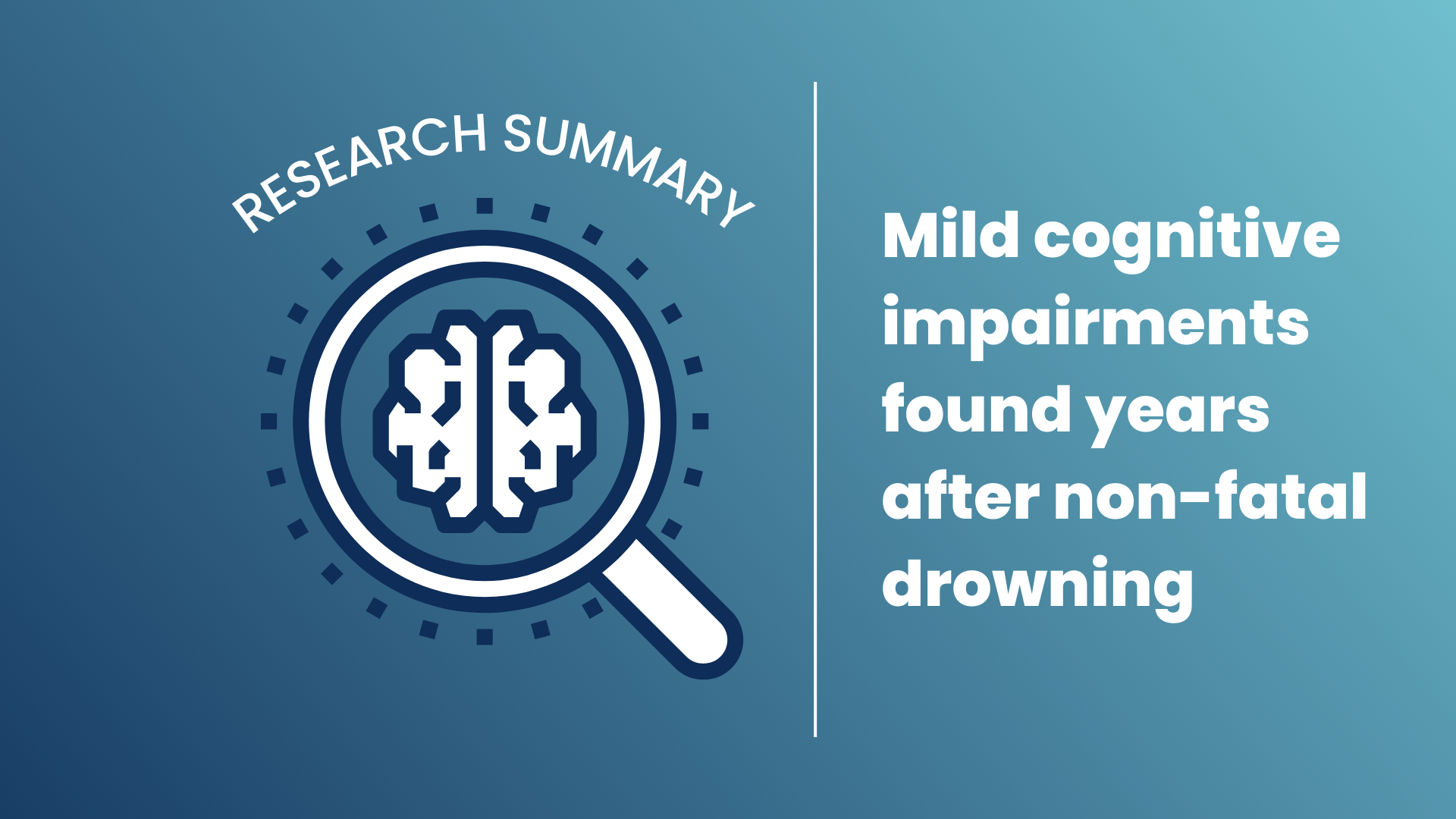
A Little Goes A Long Way
Your gift today is an investment in BrainTrust services that improve the lives of those with brain injury.
Donate Today


Drowning is a public health problem
In non-fatal drowning cases, limited/lack of oxygen to the brain (hypoxia/anoxia) can lead to brain dysfunction
Non-fatal drowning can be classified as mild, moderate, or severe based on respiratory (i.e., breathing) impairment
In severe drowning cases, cardiac arrest may occur and further limit the supply of blood and oxygen to the brain
Compared with severe drowning patients, moderate drowning patients have been rarely studied
The overall goal of the study was to understand the effects of hypoxia on thinking (cognition) in moderate drowning patients
The researchers aimed to identify neuropsychological (cognitive) tests that help differentiate between moderate drowning patients and healthy people
15 moderate drowning patients were recruited from a large coastal region of Brazil, as well as 18 healthy participants
All participants completed a neuropsychological assessment that assessed different types of thinking (cognition)
Other measures:
Healthy participants and drowning patients showed similar performance for most cognitive abilities
Certain cognitive abilities of the drowning patients were mildly impaired.
Verbal and visual working memory were impaired.
Verbal fluency was impaired.
Learning was impaired.
There was no visible damage found on the structural brain scans.
Like severe drowning patients, memory was impaired in moderate drowning patients.
Unlike cases of severe drowning, only verbal fluency, but not more general executive functions (e.g., organization, planning, attention), is affected in moderate drowning patients.
Even years after moderate drowning, mild cognitive impairments may be present.
Source:
Nucci, M. P., Lukasova, K., Vieira, G., Sato, J. R., & Amaro Junior, E. (2018). Cognitive performance in transient global hypoxic brain injury due to moderate drowning. Journal of Clinical and Experimental Neuropsychology, 40(5), 462-472.
https://doi.org/10.1080/13803395.2017.1371674
We summarize research studies to give you current, evidence-based brain injury information.
Related posts: